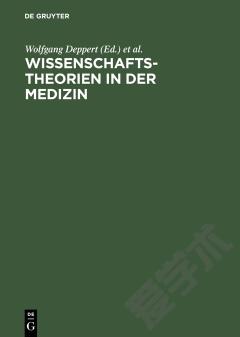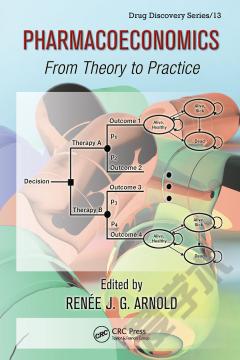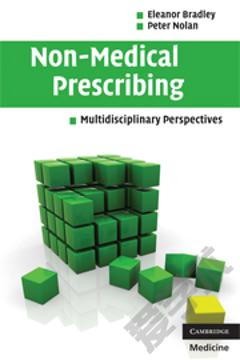Multidisciplinary Approaches to Theory in Medicine
This volume will be a collection of chapters from authors with wide experience in their research field. The purpose is to produce a coherent book that reflects the common theme of theory in medical thinking and multidisciplinary research practice. In this context "theory" relates to frameworks of concepts, facts, models etc that help to inform practitioners (clinicians, scientists and engineers) both within their own fields and as they seek to share dialogue with colleagues from other fields. Multidisciplinary Approaches to Theory in Medicine will therefore be integrative across a broad spectrum of fields within medicine. To achieve this the chapters will be associated with others in a number of meaningful ways. Each chapter will share a number of points of contact that will include at least two of the following: Similar biomedical area (e.g., immunity, neuroscience, endocrinology, pathology, oncology, haematology, Similar multidisciplinary theoretical contexts (e.g., modelling, analysis, description, visualization, complex systems, Similar multidisciplinary medical issues and questions (e.g., clinical practice, decision making, informatics, Uniquely explores role of interdisciplinary exchange in the development and expansion of medical theoryTimely and insightful essays on the growth and development of medical theories from some of the world's top clinicians and medical researchers, including Werner Arber, Frank Vertosick, and David WeatherallAssembles diverse perspectives on medicine and physiology from biology, statistics, ethics, computer science, philosophy, historyUniquely illuminates the social and historical processes through which theoretical research translates into clinical practiceReveals the growing role of technology, especially computational modelling, in changing the nature of Western medicine
{{comment.content}}








 京公网安备 11010802027623号
京公网安备 11010802027623号